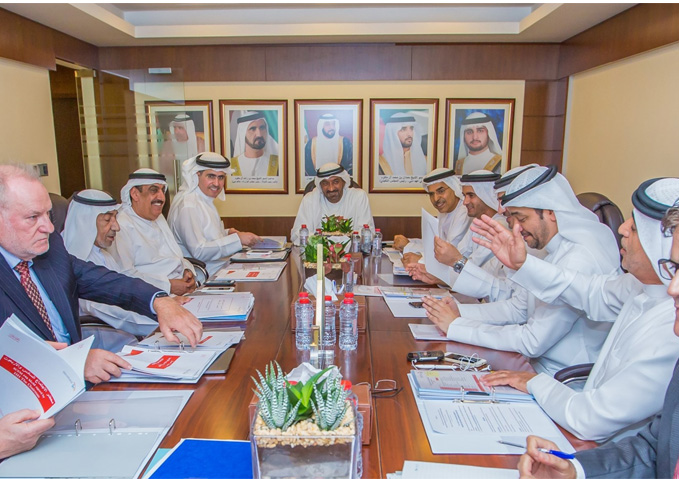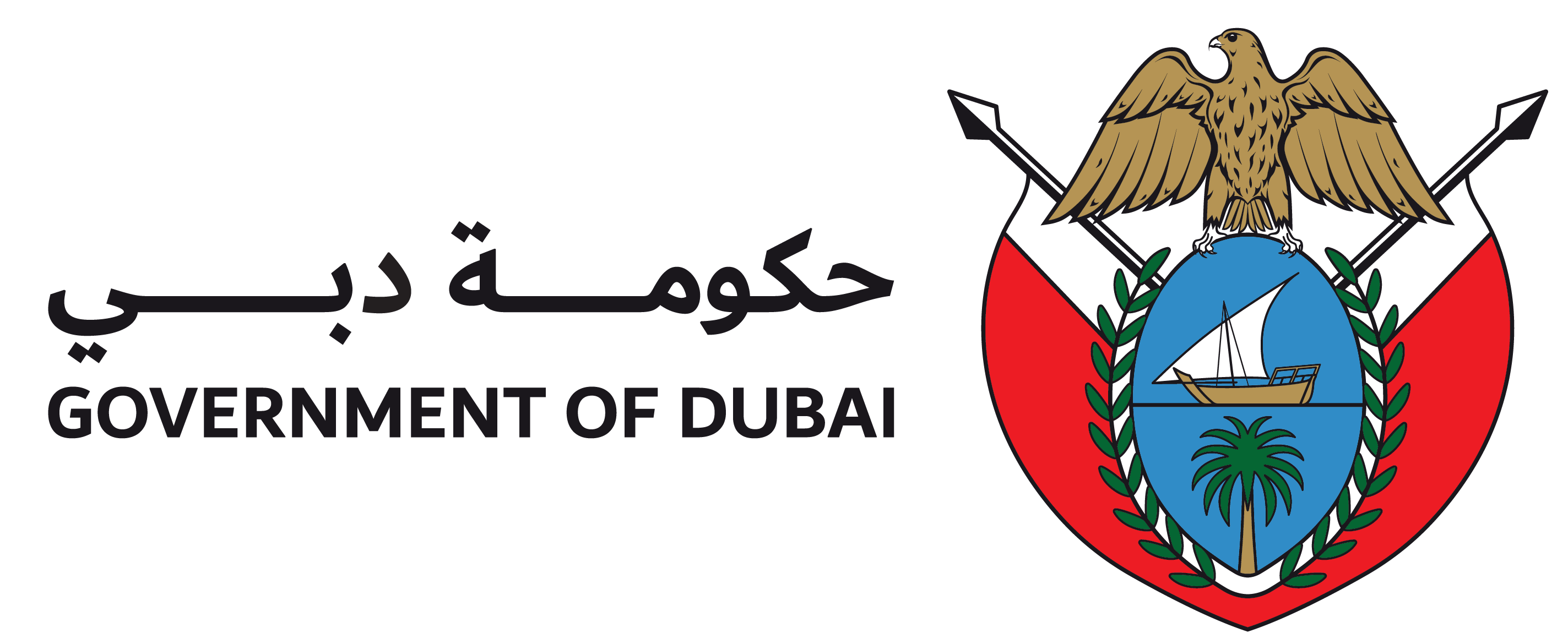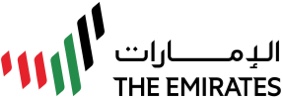Supreme Council of Energy releases 2016 report on Demand Side Management Strategy and discusses promoting solar panels

The Dubai Supreme Council of Energy held its 47th meeting, headed by HH Sheikh Ahmed bin Saeed Al Maktoum, Chairman of the Dubai Supreme Council of Energy, with HE Saeed Mohammed Al Tayer, Vice Chairman of Dubai Supreme Council of Energy, also present.
The meeting was attended by HE Ahmed Buti Al Muhairbi, Secretary General of the Supreme Council of Energy, and members including Abdullah Kalban, MD & CEO of Emirates Global Aluminium, Saif Humaid Al Falasi, CEO of Emirates National Oil Company Ltd (ENOC), Abdullah Abdul Kareem, Director General of the Department of Oil Affairs, Khalid Mohammed Sharif, Assistant Director General for the Health, Safety and Environment Control division at Dubai Municipality, Waleed Salman, Vice Chairman of the Dubai Nuclear Energy Committee, Nasser Abu Shehab, CEO of the Strategy & Corporate Governance Sector at the Roads & Transport Authority (RTA), Frederick Chemin, General Manager of Dubai Petroleum, and Simon Cattle, General Manager of Dubai Supply Authority (DUSUP).
During the meeting, the Supreme Council of Energy launched its Annual Report for 2016 on the Demand Side Management (DSM) Strategy on energy and water. The report highlighted the success of the strategy in achieving positive results in savings of about 7% for electricity and over 3% for water, in addition to approximately 2.8 TWh of electricity per year and 3.7 billion gallons per year of desalinated water.
The meeting discussed improving the efficiency of the use of wastewater and groundwater in Dubai, which was prepared by the Supreme Council of Energy, where the results were reviewed and recommendations were made in cooperation with Dubai Municipality, to initiate the formation of specialised committees to implement the road map and set goals.
During the meeting, board members were briefed on the mechanisms to accelerate the adoption of solar panel technologies by building owners and developers, and preparing the local market for solar power. This is part of Dubai Electricity and Water Authority’s (DEWA’s) Shams Dubai initiative, launched in line with Smart Dubai, which was launched by HH Sheikh Mohammed bin Rashid Al Maktoum, Vice President and Prime Minister of the UAE and Ruler of Dubai, to make Dubai the smartest and happiest city in the world.
Shams Dubai aims to encourage building owners to install photovoltaic panels to generate electricity and connect the systems to DEWA’s grid. The Supreme Council of Energy also recommended that the implementation of these initiatives be carried out across government buildings to promote sustainable development in Dubai.
“In line with the Dubai Clean Energy Strategy 2050, launched by His Highness Sheikh Mohammed Bin Rashid Al Maktoum, Vice President and Prime Minister of the UAE and Ruler of Dubai, to make Dubai a global hub for clean energy and green economy, and as per the DSM Strategy to reduce energy and water demand by 30% by 2030, Dubai Municipality gave an analytical presentation on the progress of the Dubai Green Building Classification Code (Sa’fat), to reduce electricity and water consumption, and encourage the conversion and retrofitting of existing buildings into green ones,” said Al Tayer.
“The Government of Dubai is committed to becoming an example of improving energy and water efficiency consumption standards. The Supreme Council of Energy adopted the DSM Strategy in June 2013. Its ultimate goal is reducing electricity and water consumption by about 30% by 2030, compared to current consumption. The strategy features eight major programmes including specifications and regulations for green construction, retrofitting existing buildings, district cooling, reusing waste water, laws and standards to enhance the efficiency of appliances, as well as street lighting, and the Shams Dubai initiative,” added Al Tayer.
“The strategy is associated with many empowerment mechanisms that are consistent with best global practices, and similar programmes implemented worldwide. It also includes the establishment of institutions and capacity-building, public awareness, appropriate policies and regulatory frameworks, information systems, measurement, verification and funding mechanisms,” said Al Muhairbi.
The Supreme Council of Energy oversees the implementation of the strategy through an executive committee, managed by Taqati, the office appointed by the Supreme Council to provide guidance and support to all participants. They include DEWA, Dubai Municipality, Emirates Authority for Standardization and Metrology (ESMA), Etihad Energy Services Company (Etihad ESCO), the Regulatory and Supervisory Bureau for Electricity and Water (RSB) in Dubai, and the Roads & Transport Authority (RTA).


